Search
Search within
1446 results found
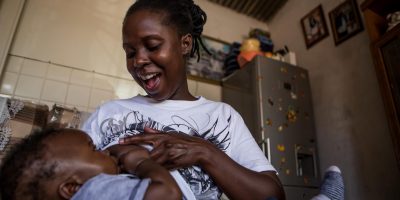
Evidence review
Demographic Profile: Using Secondary Data
The purpose of this technical brief is to assist humanitarian workers in using secondary demographic data in emergencies. It recommends building a context specific demographic profile based on available information. It proposes some rule-of-thumb standards, which can be adapted to…
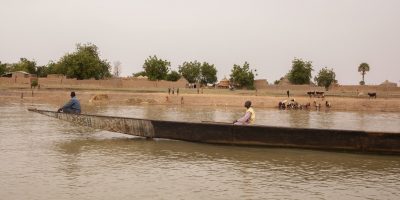
Evidence review
Secondary Data Review Sudden Onset Natural Disasters
The aim of these guidelines is to describe the systematic development of an SDR during the initial days and weeks after a disaster. It is based on ACAPS’ experience in developingSecondary Data Reviews for a number of Sudden Onset Disasters…
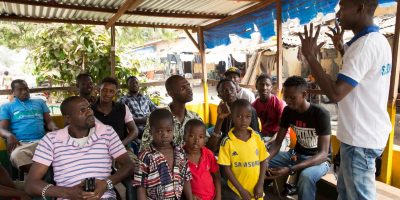
Evidence review
Quick and Easy Guide: Assessing Information & Communications Needs Booklet
Humanitarian needs assessments are carried out to determine the immediate needs of a population following an emergency or humanitarian crises. Once an assessment has been carried out and data has been analysed, humanitarian organisations can make key decisions about their…
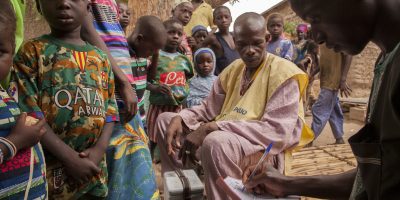
Evidence review
Estimation of Affected Population Figures
This Technical Brief is for assessment experts, information management officers and information analysts planning or implementing assessments in emergency contexts. It provides guidance on how to select and use suitable methods when conducting a population estimation exercise.This technical brief builds…

Background report
Social Justice, Climate Change, and Dengue
Climate change should be viewed fundamentally as an issue of global justice. Understanding the complex interplay of climatic and socioeconomic trends is imperative to protect human health and lessen the burden of diseases such as dengue fever. Dengue fever is…
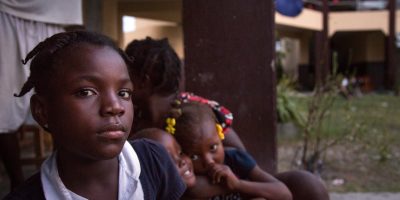
Background report
Prioritizing Health: A Human Rights Analysis of Disaster, Vulnerability, and Urbanization in New Orleans and Port-au-Prince
Climate change prompts increased urbanization and vulnerability to natural hazards. Urbanization processes are relevant to a right to health analysis of natural hazards because they can exacerbate pre-disaster inequalities that create vulnerability. The 2010 earthquake in Port-au-Prince and the 2005…
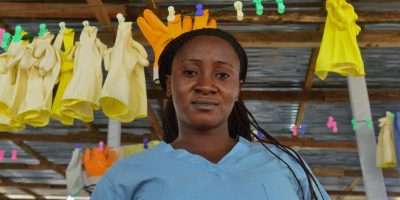
Briefing
Ebola and Human Rights: Insight from Experts
Ebola demonstrates the critical link between health and human rights, the lack of governance, and the misdirection that befalls the international community in addressing such outbreaks. Human rights experts agree that the Ebola response falls into Lawrence Gostin’s paradigm whereby…
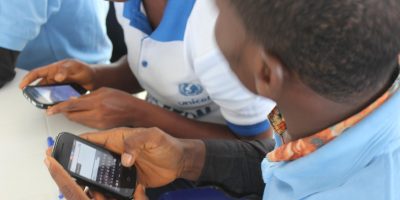
Evidence review
Communication with Rebellious Communities during an Outbreak of Ebola Virus Disease in Guinea: An Anthropological Approach
This paper by Anoko J. N., reports on the success of a communication programme among 26 rebellious villages in Forest Guinea during fieldwork in June-July 2014.
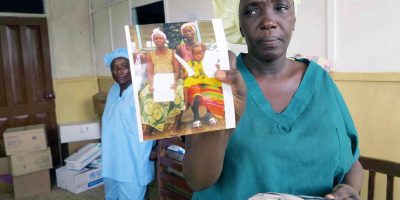
Evidence review
Stigma and Ebola: An Anthropological Approach to Understanding and Addressing Stigma Operationally in the Ebola Response
‘Stigma’ is an umbrella term for the direct and indirect consequences of a number of processes that brand someone as different in ways that result in discrimination, loss of status and social exclusion. It can be short-term or evolve into…
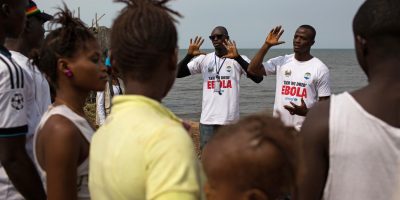
Evidence review
Community-Centered Responses to Ebola in Urban Liberia: The View from Below
This working paper reports on a study to identify epidemic control priorities among 15 communities in Monrovia and Montserrado County, Liberia. Data were collected in September 2014 on the following topics: prevention, surveillance, care-giving, community-based treatment and support, networking/hotlines/calling response…
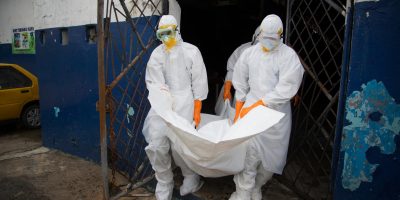
Evidence review
The Opposite of Denial: Social Learning at the Onset of the Ebola Emergency in Liberia
This working paper reports on a study to identify the pace of Ebola-related social learning in urban and peri-urban areas around Monrovia, Liberia during August 2014, at the onset of the emergency phase of the epidemic. The research demonstrates how…
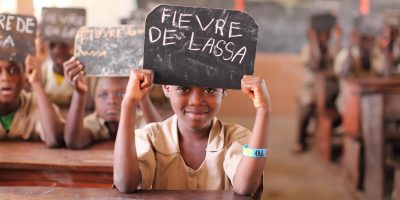
Policy document
Setting, measuring and monitoring targets for disaster risk reduction
In many regions, disaster risk is continuing to increase, mostly because greater numbers of vulnerable people and assets are located in exposed areas. It is vital to start reversing these trends. Over the next 18 months, there will be negotiation…


